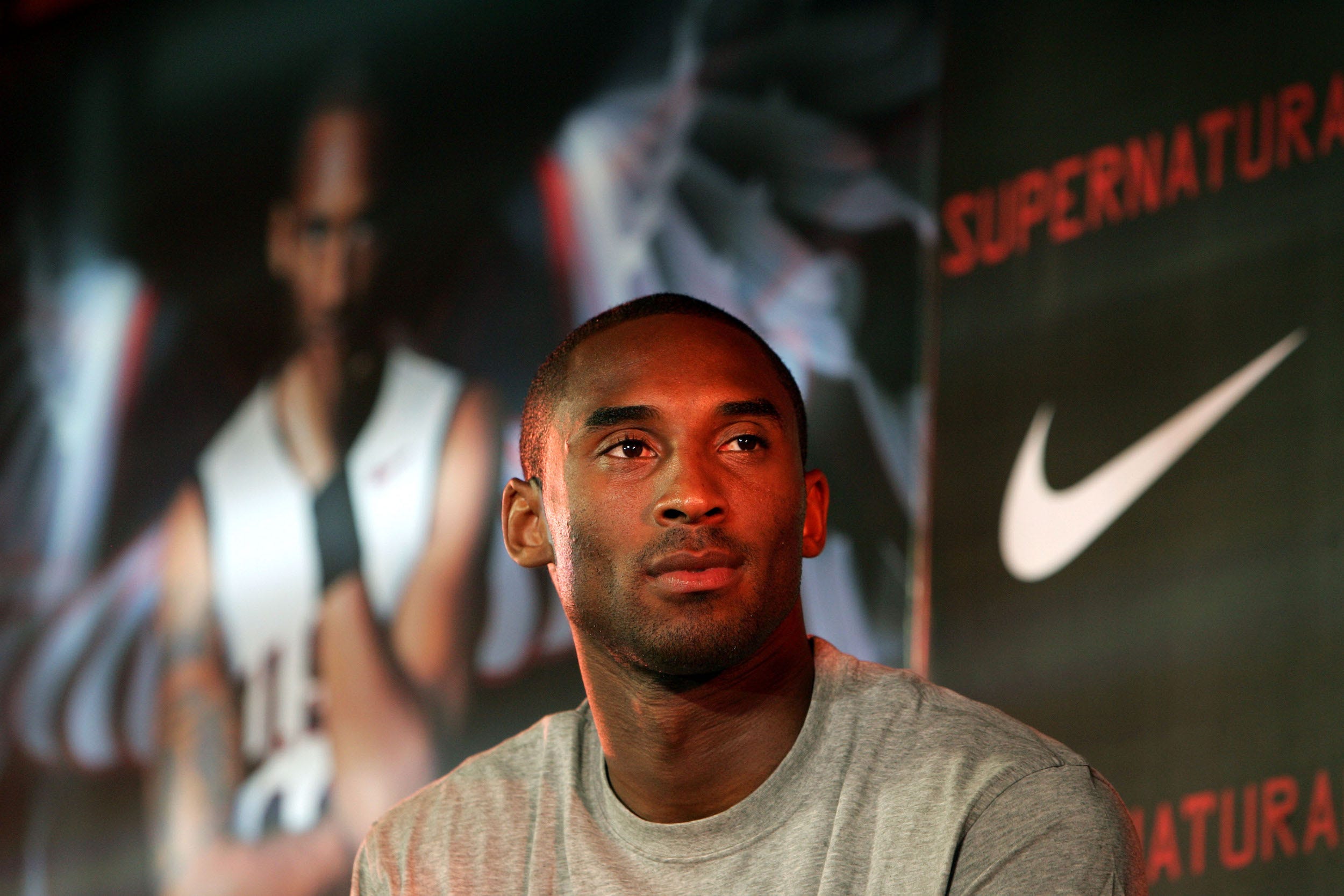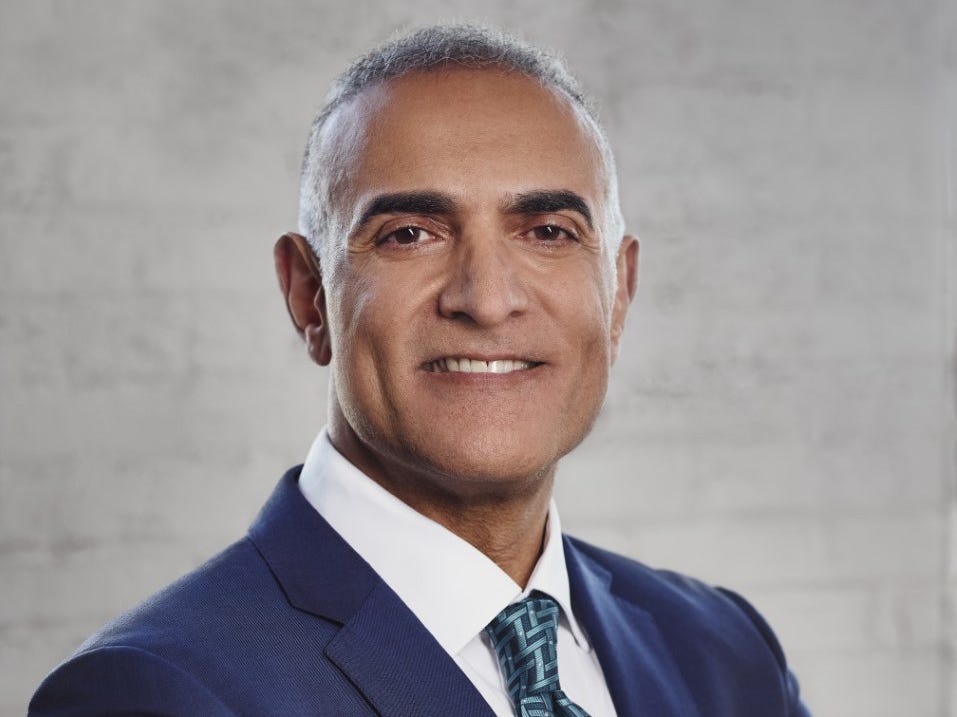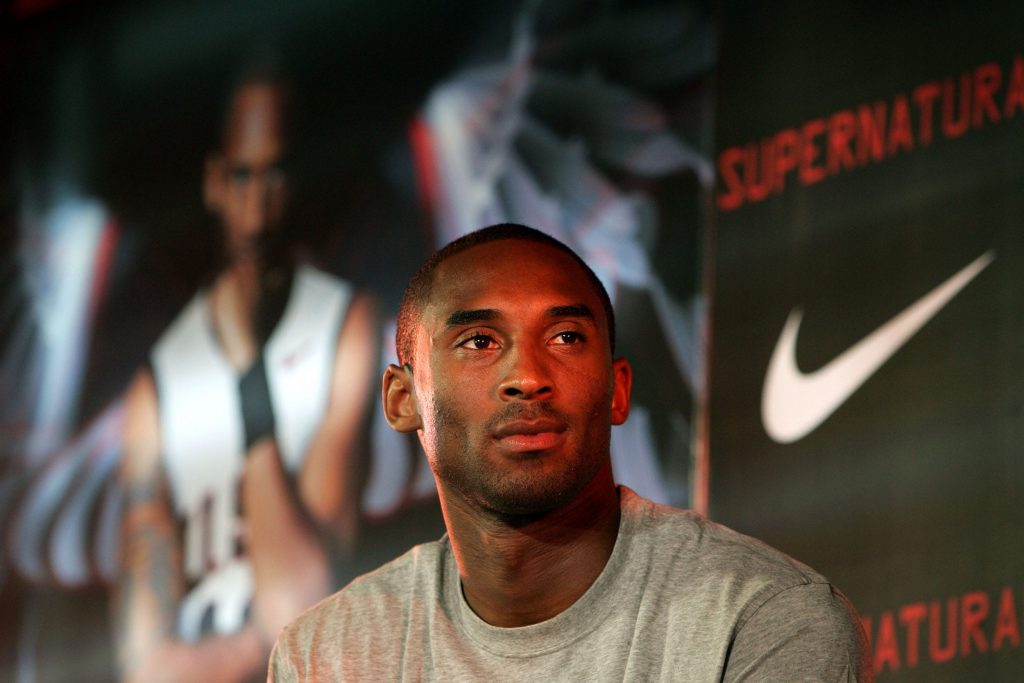
AP Photo/Bullit Marquez
- Tim Grover, a personal trainer, worked with Kobe Bryant for years during and after his NBA career.
- In his new book, "Winning," Grover reflects on the lessons he taught Bryant.
- One of the biggest lessons he taught the NBA star was how to avoid burnout, Grover said.
- See more stories on Insider's business page.
In the wee hours of a summer night in 2010, Kobe Bryant sat with his personal trainer and mental coach, Tim Grover, at a restaurant in Los Angeles. The Los Angeles Lakers had lost to the Boston Celtics 92-86 in Game 5 of the playoffs a few hours before.
Bryant and a few friends and family members had finished dinner and were getting ready to leave. But the NBA superstar lingered, sitting quietly, devastated.
"Man, I threw everything at them but the kitchen sink," Bryant said.
Grover paused. "Why did you save the sink?" he said. "Why didn't you throw the sink at them, too?"
Bryant glared at Grover and said: "OK. Let's go get some shots up right now. Let's go."
In his book "Winning: The Unforgiving Race to Greatness," published earlier this month, Grover shared the secrets to the basketball legend's success. One of the biggest factors, Grover said, was Bryant figuring out how not to overwork himself; he would often get only three or four hours of sleep.
The basketball star even had a mantra: "Rest at the end, not the middle."
"His desire to win and stay in that race to win over and over again was extremely, extremely exceptional," Grover told Insider. "I mean extremely exceptional."
As the US emerges from the COVID-19 pandemic, many workers and executives are facing burnout in their own careers. And while some companies have promised things like video-chat-free Fridays, Grover said that won't suffice. Workers and managers need to learn to focus on what needs to get done and then take time to rest, he said.
On that summer day, Bryant and Grover headed to the gym at 12:30 a.m. and trained for hours.
"He was always like, 'I gotta outwork everyone,'" Grover recalled, "whether it was watching film, whether it was working out, whether it was taking shots."
Grover knew he couldn't stop Bryant from practicing that morning. But he'd soon urge him to rest.
"That was a tough lesson for Kobe. That took us a little while," the personal trainer said. "But it was so important."
For Grover, success comes down to learning how to work smarter, not harder.

Octane Rich Media, via Tim Grover
"Kobe didn't just grind. Everyone says they're constantly grinding: CEOs, entrepreneurs, workers," he said. "Well, are you grinding for results? Or are you just grinding for dust? Kobe grinded his training, his lifestyle, his dedication to get those wins."
Grover helped Bryant take a step back.
"It was about purpose," Grover said. "Kobe learned how to say no to opportunities and take more time for himself."
Many American workers struggle with taking on too much work, according to Brian Tracy, a workplace expert.
"Setting realistic expectations for your workload is one of the best ways to reduce or prevent burnout," Tracy wrote in a blog post.
Learning how to talk to your boss about your workload is important, he added. A helpful practice could be to record how you spend your time each day and to show your boss so you can talk about priorities or delegating tasks.
Magalie René, the CEO and founder of Workplace Catalyst, a workplace coaching and consulting company, previously told Insider that managers needed to be asking questions such as "How are you feeling?" and "How can I best support you?"
Grover said he believes that preventing a culture of burnout comes down to focus.
"It's about deleting everything but the bare essentials, what will take you to the next level," the coach said. "Are you working just to work? Or are you working smarter? To win?"

